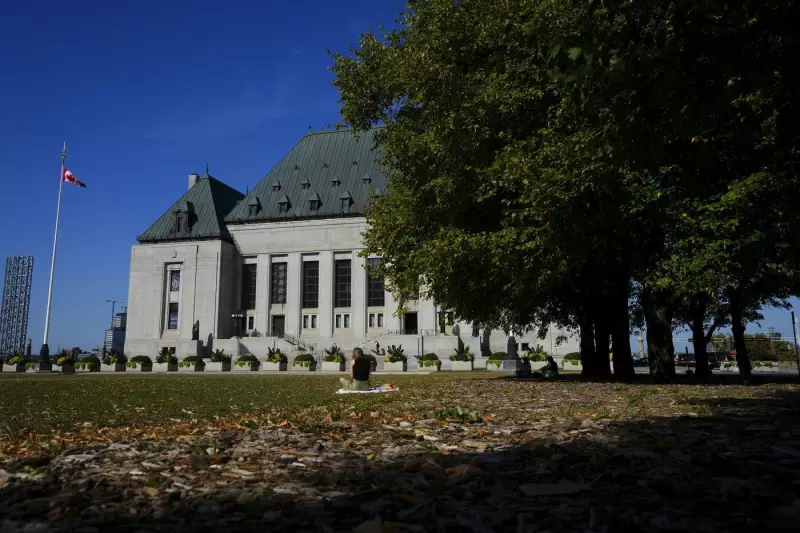
In a bold legal move that pits provincial authority against judicial oversight, Nova Scotia has positioned itself as the primary challenger to a Supreme Court of Nova Scotia ruling that struck down mandatory minimum sentences for child pornography offenses.
The province's Justice Minister, Brad Johns, made the announcement following a cabinet meeting, confirming Nova Scotia will seek intervener status as an opposing party in the anticipated appeal to the Supreme Court of Canada. This strategic decision transforms the province from a passive observer to an active combatant in the legal battle over sentencing guidelines.
Political Backing from the Premier's Office
Premier Tim Houston left no doubt about his government's position, stating unequivocally that "mandatory minimum penalties for these types of offenses are appropriate" and emphasizing the need to "send a strong message." The premier's strong endorsement signals this isn't merely a legal technicality but a matter of principle for the provincial government.
The Case That Started the Controversy
The legal challenge centers around a Nova Scotia case where the provincial Supreme Court ruled that the one-year mandatory minimum sentence for possessing child pornography constituted cruel and unusual punishment under the Canadian Charter of Rights and Freedoms. The court found the sentence grossly disproportionate for certain offenders, particularly those without prior records.
What's at Stake for Canada's Justice System
This legal battle extends far beyond Nova Scotia's borders, potentially reshaping how Canada handles some of its most sensitive criminal cases:
- National precedent: The Supreme Court of Canada's eventual ruling will set binding standards across all provinces
- Sentencing flexibility: The case questions whether judges should have more discretion in exceptional circumstances
- Victim protection: The outcome will determine how strongly the justice system signals its stance on child exploitation crimes
As Nova Scotia prepares its legal arguments, the province finds itself at the forefront of a national conversation about punishment, proportionality, and the protection of society's most vulnerable.





